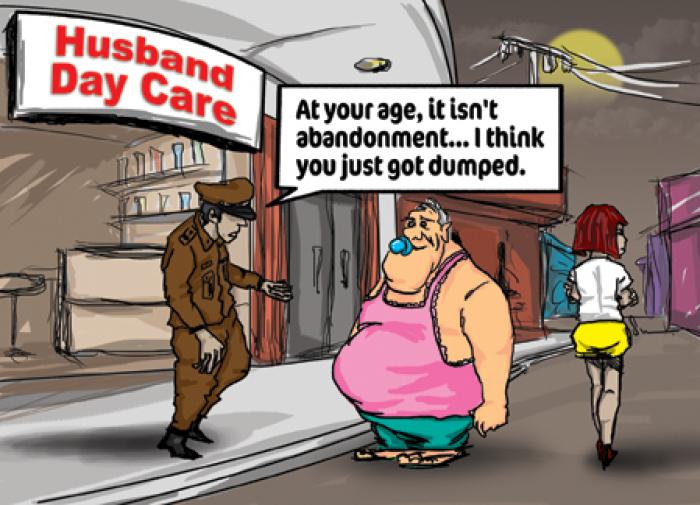Babies thrown away throughout history

PHUKET: Child welfare and safety issues have been much in the news recently and our special report this week explores for our readers some of the options available locally to young mothers who are either unwilling or unable to support children they have given birth to.
Few news stories generate greater emotional resonance than reports of abandoned babies. Yet it is very easy to forget that child abandonment issues are nothing new.
Starting from the very beginnings of recorded history in ancient Egypt is the story of Moses, who the Book of Exodus recounts to have been a foundling. In many cultures since then it was considered acceptable for people willing to take in homeless children to essentially keep them as slaves.
Reminders of this harsh reality from the not-too-distant past remain with us through folklore, including many of the fairy tales that we read to our own children, and are in Thai soap operas as well.
The fact is that child mortality rates now stand at record lows – levels that our more ancient ancestors, who lived as hunters and gatherers, could probably never have imagined.
Yet these reduced mortality rates, coupled with increasing urbanization, vastly improved medical services and other benefits of modernization over the past few centuries have also kept the numbers of unwanted or abandoned children far higher than could ever have been sustained by more traditional societies.
One now largely forgotten chapter in the history of how humanity has dealt with child abandonment comes from the US, where for almost eight decades, starting in the 1850s, an Orphan Train Movement saw some 250,000 orphaned, abandoned or otherwise homeless children transported from squalid East Coast cities to foster homes in rural areas. For some, it was a passport to a promising new life, but for many others the result was a life of mistreatment, abuse and servitude.
The point of this brief historical review is not to dwell on the fact that misery, like everything else, is relative; nor is it to imply that the two apparently aborted fetuses and three newborns found dead on Phuket last year are to be considered acceptable.
Rather, it is to keep the issue in perspective and to appreciate how far we have come. This allows us to look to the future with some sense of purposeful optimism, not dystopian fear fueled by information overload.
Latest Thailand News
Follow The Thaiger on Google News:


























